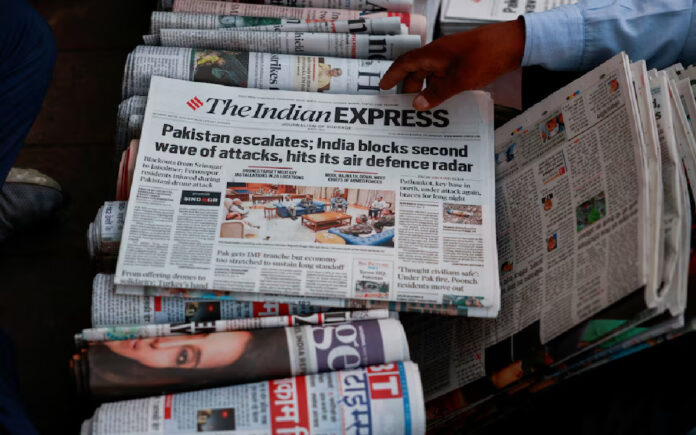Washington/New Delhi/Islamabad: India and Pakistan have agreed to a full and immediate ceasefire following four consecutive days of military confrontations, including strikes and counter-strikes targeting each other’s installations. The breakthrough, mediated by the United States, marks a significant step back from a potential wider conflict between the two nuclear-armed neighbors.
U.S. President Donald Trump made the announcement on Saturday through a post on Truth Social, saying:
“After a long night of talks mediated by the United States, I am pleased to announce that India and Pakistan have agreed to a FULL AND IMMEDIATE CEASEFIRE. Congratulations to both Countries on using Common Sense and Great Intelligence.”
Pakistan’s Foreign Minister Ishaq Dar confirmed the development, stating on X (formerly Twitter):
“Pakistan and India have agreed to a ceasefire with immediate effect. Pakistan has always strived for peace and security in the region, without compromising on its sovereignty and territorial integrity!”
India’s Ministry of External Affairs also confirmed the agreement, stating that the ceasefire would take effect from 5 p.m. Indian Standard Time (1130 GMT). According to Indian officials, the ceasefire was finalized during a call between the heads of military operations from both countries. The officials also noted that further communication between the two sides was scheduled for May 12.
The announcement helped ease growing fears that the long-standing conflict could escalate into a nuclear confrontation. Earlier in the day, Pakistan’s military indicated that a high-level body responsible for its nuclear arsenal was scheduled to meet—a statement that was later denied by the country’s defence minister.
Despite the sharp rise in civilian casualties, which reached a combined total of 66 by Saturday, both countries appeared willing to de-escalate. The conflict was triggered by an Indian airstrike on Wednesday targeting what it described as “terrorist infrastructure” in Pakistani-controlled Kashmir. The strike came two weeks after a deadly attack that killed 26 Hindu tourists in Indian-administered Kashmir, for which India blamed Pakistani-based militants.
Pakistan strongly denied any involvement in the attack and dismissed India’s accusations. Over the past few days, both nations exchanged artillery fire, engaged in drone incursions, and launched missiles into each other’s airspace.
The Kashmir conflict remains a deeply rooted issue between the two countries, which were partitioned from British India in 1947. Both claim the territory in full but govern separate parts. The region has sparked two of the three full-scale wars between India and Pakistan, with repeated flare-ups in the decades since.
India accuses Pakistan of backing a violent insurgency that began in Indian-administered Kashmir in 1989 and has claimed tens of thousands of lives. It also holds Islamabad responsible for major attacks elsewhere on Indian soil. Pakistan denies these allegations, insisting that its support for Kashmir is limited to political, moral, and diplomatic backing for what it describes as a legitimate struggle for self-determination.



